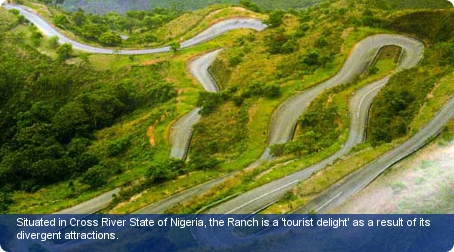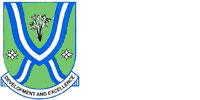Travel in Nigeria
- Part I
- Part II

| Time: | Local time is GMT +1. |
| Electricity: | Electrical current is 240 volts, 50Hz. |
| Language: | English is the official language. |
| Health: | Visitors arriving from infected areas require yellow fever vaccination certificates and immunisation is recommended for all. HIV/AIDS is prevalent. Good, comprehensive insurance is strongly advised, and should include evacuation. |
| Tipping: | About 10% for almost every service. |
| Customs: | Nigeria has the largest Muslim population in Africa. Women should dress modestly, and avoid wearing trousers, and all visitors should exercise discretion in behaviour and dress, especially when visiting religious sites. |

| Business: | Business hours are usually 8am to 12.30pm and 2pm to 4.30pm Monday to Friday. Some businesses are open until 12.30pm on Saturdays. Further north in the country, businesses may be closed on Fridays. |
| Communications: | Full international direct dialling is available. The country code for Nigeria is +234, and the outgoing international code is 009, followed by the relevant country code (e.g. 00927 for South Africa). City/area codes are in use, e.g. (0)1 for Lagos. There are good GSM 900 and 1800 mobile phone networks covering Lagos, Abuja and some other major towns. Internet cafes can be found in Lagos. |
| Duty Free: | Travellers to Nigeria over 18 years do not have to pay duty on 200 cigarettes or 50 medium sized cigars or 200g tobacco; 1 litre spirits and 1 litre wine; perfume or eau de Cologne for personal use; and gifts to the value of N300 (excluding jewellery, photographic equipment, electronics and luxury goods.). Prohibited items include beer, mineral water, soft drinks, sparkling wine, fresh fruit and vegetables, textiles, mosquito netting, jewellery and precious metals, cereals and eggs. |











